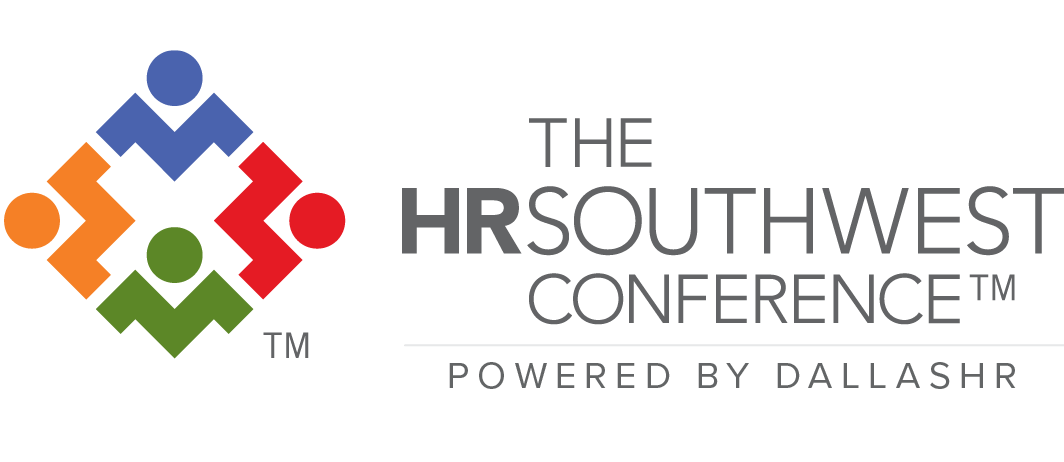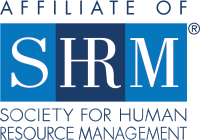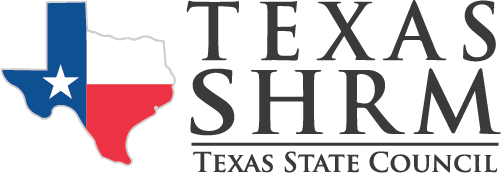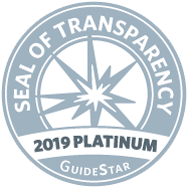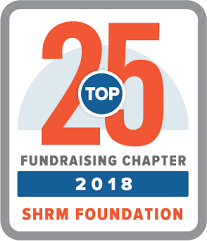
Dallas HR Webinars

Human Resources & Organizational Development
Developing, implementing and evaluating activities and programs that address employee training and development, performance appraisal, learning, talent and performance management to ensure that the knowledge, skills, abilities and performance of the workforce meet current and future organizational and individual needs.
51 Results
-
Contains 3 Component(s), Includes Credits Recorded On: 10/29/2019
Returning Favorite! Millennials are now the largest represented population in the workforce. The discussion is no longer focused on how leaders can co-exist with a millennial workforce; the conversation today has moved to outline best practices for integrating millennial ideas and values into company culture to leverage the best of both worlds. During this session, participants will learn key national trends of this generation and cover practical strategies to leverage research to create an environment in which millennials thrive. With a presenter that is definitively Millennial in age but straddles the generational gap in thought, this session includes first hand lessons learned from building a firm that has successfully leveraged the best of both worlds to grow in size between 80 to 100 percent each year since its founding over eight years ago. Learning Objectives: Understand five best practices in bridging generational gaps; Name three questions every organization should be asking; Identify key cultural competencies integral for success with the millennial generation.
-
Register
- Non-Member - $34
- Member - $19
- More Information
-
Register
-
Contains 3 Component(s), Includes Credits Recorded On: 10/29/2019
Small and medium business executive are busy running day-to-day operations, pleasing customers and dealing with investors and don’t focus on strategic planning… especially strategic people planning and development. This presentation will teach HR professionals how to identify leadership competencies and to develop and implement a strategic leadership program that aligns with the organizations strategy’s and values and to lead a change initiative within their organization. Learning Objectives: Understand the critical gap that results when a leader leaves the organization; Recognize leadership competencies that align with the organization’s strategy and core values; Learn how to cultivate a robust leadership pipeline.
-
Register
- Non-Member - $34
- Member - $19
- More Information
-
Register
-
Contains 3 Component(s), Includes Credits Recorded On: 10/29/2019
In a land filled with opportunity, the "American Dream" has been an indelible part of our socio-economic landscape. The idea that one can come as they are, work as hard as they can, and enjoy all the fruits of their labor without apology still endures. However, theory and practice can be difficult to bridge in the daily grind to create a more efficient workspace. Despite numerous policy changes over the years, many business environments continue to struggle with data that suggests a disproportionate number of minority employees suffer from slower raises and lower wages while performing the same jobs as their white colleagues. This session brings to light the critical thinking tools necessary to rupture this cycle which ultimately is inefficient insofar as marginalized employees can rupture optimal productivity. Discover specifically how many well-intentioned policies by leadership reveal how most of us suffer from a lack of experience, exposure and education when it comes to matters of diversity, equity and inclusion. Participants will learn a new approach to an old problem that still requires an effective solution. Learning Objectives: Gain contextual understanding of historical racial tensions within the workplace; Acquire a new rubric for categorizing and critically analyzing specific patterns of workplace discrimination; Learn specific and new vocabulary terms to better diagnose discrimination within the workplace.
-
Register
- Non-Member - $34
- Member - $19
- More Information
-
Register
-
Contains 3 Component(s), Includes Credits Recorded On: 10/28/2019
Leadership and HR in a family-owned business can be difficult. From succession planning for the next generation to hiring and managing practices that are fair and keep families in harmony, the HR professional in a family enterprise has more challenges than the average practitioner. With more than 80% of U.S. businesses family enterprises and the majority of those owned by aging entrepreneurs looking to transition the company in the next 10 years, understanding strategies to keep both the business and the family healthy are crucial if we are effective HR partners. The upside is providing solid HR leadership in a family business can be tremendously rewarding. Often HR practitioners in a family business are exposed to growth opportunities they might not see in a traditional corporate role. This session is specifically designed to address some of the unique challenges practitioners who work for family-owned enterprises face. This session will cover: Creating hiring, compensation and management policies for family members that are fair and consistent; understanding healthy governance for family business; top policies unique to a family-owned business that should be considered; and crisis management when family issues spill over into work. Learning Objectives: Understand the unique policies that can be important in a family owned business; Learn how to help owners "wear the right hand" as they function as shareholders, family members and employees; Look at how to develop leadership in family businesses, especially as they prepare for a future ownership transfer.
-
Register
- Non-Member - $34
- Member - $19
- More Information
-
Register
-
Contains 3 Component(s), Includes Credits Recorded On: 10/28/2019
Have you developed a coaching culture in your organization? Every HR professional needs to understand the advantages of implementing a comprehensive coaching program in their organization. Come to this session to understand the bottom-line benefits of coaching and how to develop a coaching system that makes sense for your company. In addition to engaging professional coaches, either internal or external to the organization, to develop the leadership capacities of managers and teams, companies today are beginning to recognize the merit of training their managers to apply coaching techniques to develop the critical thinking skills and the career potential of their team members. We will explore the nuts and bolts of creating a comprehensive coaching program in any organization. Learning Objectives: Understand how creating a coaching culture drives improved business results; Explore the two important elements of a coaching culture; Develop a comprehensive coaching program in your organization.
-
Register
- Non-Member - $34
- Member - $19
- More Information
-
Register
Per SHRM and HRCI recertification guidelines, online content is eligible for recertification credit for two years from date of capture. Content will expire based on the following schedule:
- 2019 Conference Expiration Date: October 31,2021
- 2018 Conference Expiration Date: October 1, 2020
| Access Date | Quiz Result | Score | Actions |
|---|
Instructions for Signing In
Please sign in to the Online Learning Center with your DallasHR.org Username and Password. All attendees of the HRSouthwest Conference have credentials to sign in, even if you've never signed into the DallasHR website. Click "Log In" above and then choose "Forgot my Username". Enter the email address used to register for the conference and you'll receive instructions from info@dallashr.org
Question? Please email education@dallashr.org

